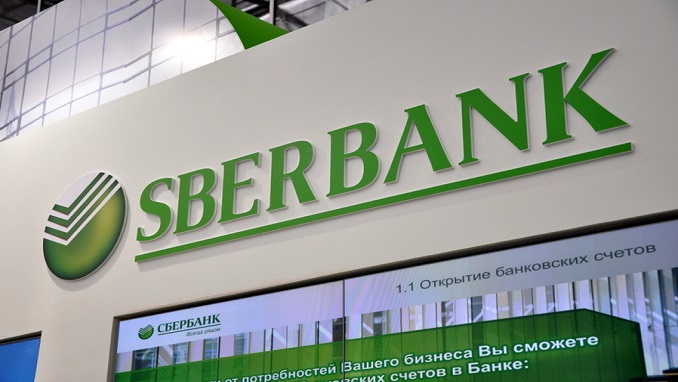Steep slides on the market mean that the Bank of Russia is set to receive much less from the sale of its stake in Sberbank than expected, and it even may force the regulator to push the deal to next year if oil prices fall too far, senior Russian officials said on Tuesday, according to Reuters.
The sale, announced in February, had been expected to begin in April, is in part meant to end years of debate about potential conflicts of interest arising from the central bank’s control over the country’s top lender.
Deputy Finance Ministry Vladimir Kolychev said on Tuesday that Russia’s central bank was likely to receive 300 billion rubles ($4.18 billion) from the stake sale.
The deal originally foresaw that the finance ministry would draw 2.45 trillion rubles from the National Wealth Fund to buy the stake and the central bank would receive 700 billion roubles from the sale of its 50pc plus one share.
The bulk of the proceeds – or 1.25 trillion rubles – was set to be returned to the state budget.
Under the original plan, Sberbank’s minority shareholders, including large Western funds, would also have been given the option of a buyout. But after markets crashed this week in reaction to coronavirus outbreaks worldwide and weak oil prices, the plan was revised.
“Given the difficult situation on the market, we have found a formula that should suit minority shareholders,” said Sergei Shvetsov, a first deputy governor of the Russian central bank.
He added the deal would be carried out through a shareholder agreement, which meant no buyouts would be necessary.
Speaking later on Tuesday, Kolychev linked the sale to oil prices, which on Monday suffered their biggest fall in nearly three decades as Russia and Saudi Arabia began a price war that threatens to overwhelm the market with supply.
On Tuesday prices recouped some of their losses and Brent crude futures rallied to around $37 a barrel. Kolychev said the stake sale would go ahead this year provided prices remain at around $35 a barrel, but if they fall as low as $10, it may not.












